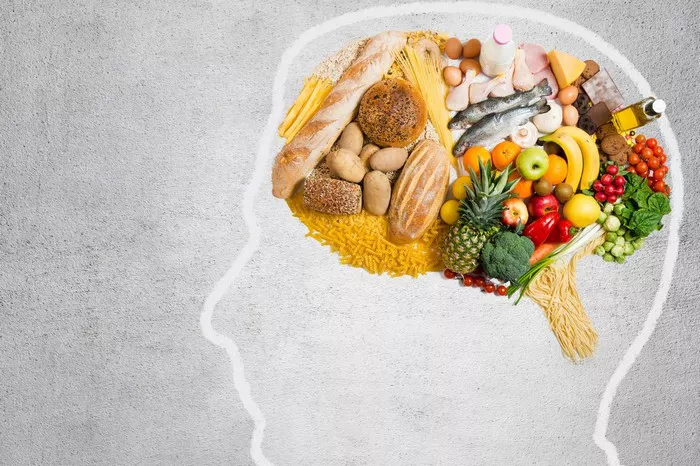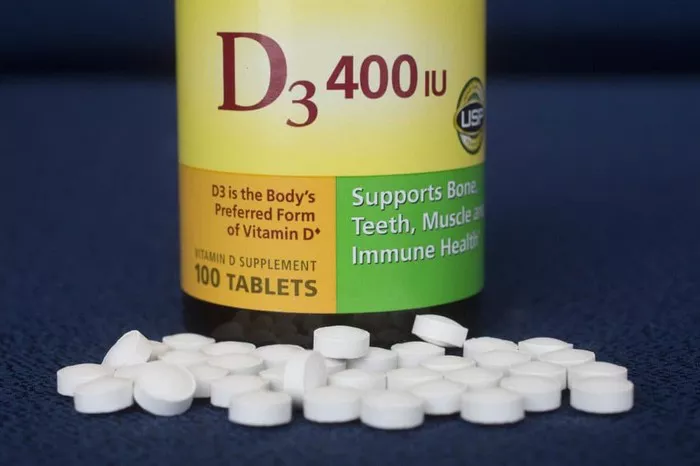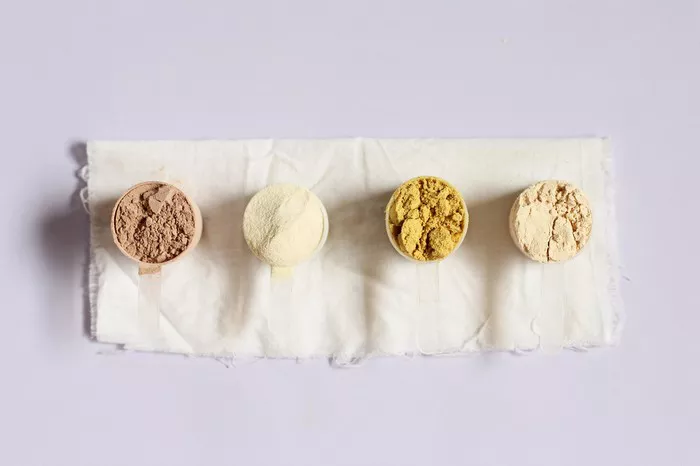Niacin, also known as vitamin B3, is a water-soluble vitamin that plays a crucial role in various physiological processes within the body. From supporting energy metabolism to promoting cardiovascular health, niacin offers a wide range of benefits for overall health and well-being. In this comprehensive article, we’ll delve into the multifaceted functions of niacin, exploring its role in the body and the potential health benefits it provides.0
Understanding Niacin
Niacin is one of the eight B vitamins essential for converting food into energy and maintaining cellular function. It exists in two primary forms: nicotinic acid and nicotinamide (niacinamide). Both forms of niacin are readily absorbed by the body and can be obtained from dietary sources or supplements.
The Role of Niacin in the Body
Niacin plays several vital roles in the body, including:
Energy Metabolism: Niacin is essential for converting carbohydrates, fats, and proteins from food into usable energy for the body. It serves as a cofactor for enzymes involved in metabolic pathways such as glycolysis, the citric acid cycle, and oxidative phosphorylation.
Cellular Respiration: Niacin is a component of nicotinamide adenine dinucleotide (NAD) and nicotinamide adenine dinucleotide phosphate (NADP), two coenzymes involved in cellular respiration and energy production. NAD and NADP play key roles in redox reactions, transferring electrons between molecules and facilitating ATP synthesis.
DNA Repair and Synthesis: Niacin is involved in DNA repair and synthesis, helping to maintain the integrity of the genome and prevent mutations. Adequate niacin levels are essential for proper cell division, growth, and repair processes throughout the body.
Lipid Metabolism: Niacin helps regulate lipid metabolism by promoting the breakdown of triglycerides and cholesterol in the liver. It inhibits the release of free fatty acids from adipose tissue and reduces the production of very low-density lipoproteins (VLDL), thereby lowering circulating levels of triglycerides and LDL cholesterol.
Neurotransmitter Synthesis: Niacin is involved in the synthesis of neurotransmitters such as serotonin, dopamine, and norepinephrine, which play key roles in mood regulation, cognition, and stress response.
Health Benefits of Niacin
Niacin offers a wide range of health benefits, including:
Cardiovascular Health: Niacin has been shown to improve cardiovascular health by increasing HDL cholesterol levels (the “good” cholesterol) and lowering LDL cholesterol levels (the “bad” cholesterol). It also helps reduce triglyceride levels and may improve blood vessel function, thereby reducing the risk of heart disease and stroke.
Treatment of Dyslipidemia: Niacin is commonly used as a treatment for dyslipidemia, a condition characterized by abnormal lipid levels in the blood. It is particularly effective at lowering triglycerides and increasing HDL cholesterol levels, making it a valuable therapeutic option for individuals with high cholesterol or triglyceride levels.
Management of Pellagra: Pellagra is a condition caused by niacin deficiency and is characterized by symptoms such as skin rash, gastrointestinal disturbances, and neurological abnormalities. Supplementing with niacin can effectively treat pellagra and alleviate symptoms associated with the condition.
Supports Skin Health: Niacin plays a role in maintaining healthy skin by promoting cell turnover, reducing inflammation, and improving skin barrier function. Topical niacinamide formulations have been shown to benefit various skin conditions, including acne, rosacea, hyperpigmentation, and aging.
May Improve Cognitive Function: Some research suggests that niacin may have cognitive benefits and could potentially help improve memory, concentration, and overall cognitive function. Niacin’s role in neurotransmitter synthesis and energy metabolism may contribute to its cognitive-enhancing effects.
Sources of Niacin
Niacin is found naturally in a variety of foods, including:
Meat: Beef, poultry, pork, and fish are rich sources of niacin.
Legumes: Lentils, beans, and peas are good plant-based sources of niacin.
Nuts and Seeds: Niacin is found in nuts such as peanuts, almonds, and sunflower seeds.
Whole Grains: Whole grains like wheat, barley, and oats contain niacin in the bran and germ.
Vegetables: Vegetables such as mushrooms, avocados, and potatoes also provide niacin.
Fortified Foods: Many breakfast cereals, bread, and other grain products are fortified with niacin.
Niacin Supplements
In addition to dietary sources, niacin supplements are available in various forms, including immediate-release niacin, extended-release niacin, and niacinamide. Niacin supplements are commonly used to treat niacin deficiency, dyslipidemia, and other medical conditions under the guidance of a healthcare professional.
Safety Considerations
While niacin is generally safe when consumed in recommended amounts from food sources, high doses of niacin supplements can cause side effects such as flushing, itching, nausea, and liver toxicity. Extended-release niacin formulations are associated with a higher risk of adverse effects compared to immediate-release niacin. It’s important to consult with a healthcare provider before starting niacin supplementation, especially at high doses.
Conclusion
Niacin is a vital nutrient that plays a diverse range of roles in the body, from energy metabolism and cellular respiration to cardiovascular health and skin integrity. Incorporating niacin-rich foods into your diet can help ensure adequate intake of this essential vitamin and support overall health and well-being. For individuals with specific health concerns or conditions, niacin supplements may provide additional benefits when used under the guidance of a healthcare professional. By understanding the functions and benefits of niacin, you can make informed choices to optimize your health and vitality.
[inline_related_posts title=”You Might Be Interested In” title_align=”left” style=”list” number=”6″ align=”none” ids=”8574,8569,8479″ by=”categories” orderby=”rand” order=”DESC” hide_thumb=”no” thumb_right=”no” views=”no” date=”yes” grid_columns=”2″ post_type=”” tax=””]

































